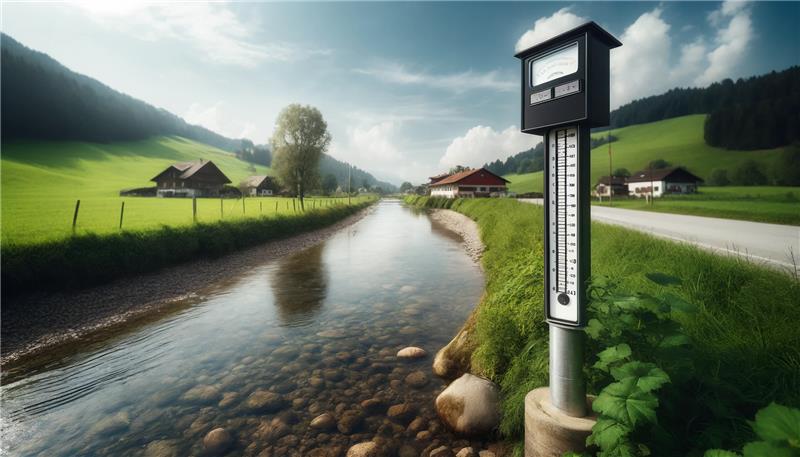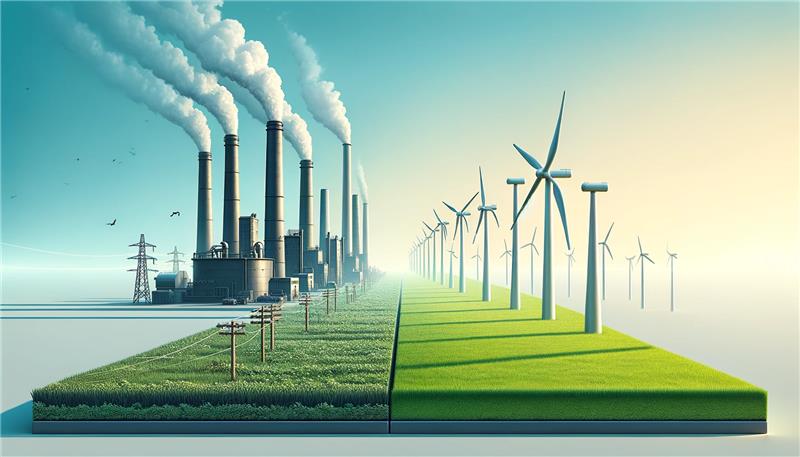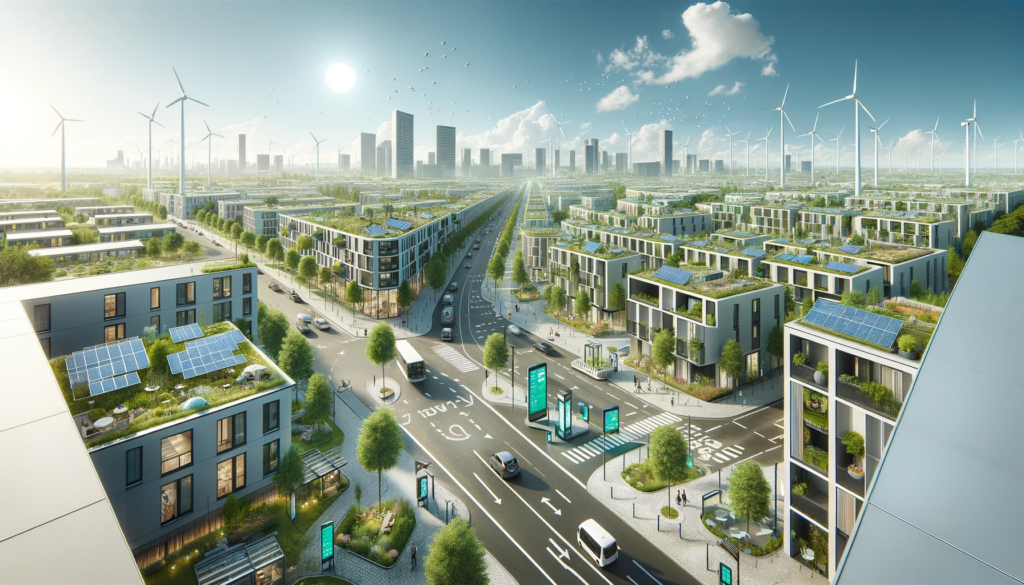

in 1861 as a cotton weaving mill HUESKER knows about transformation. The company had to practically reinvent itself in the 1970s. Since then, it has become a globally sought-after provider of technical textiles for civil engineering, industry and agriculture . For a few years now, it has been increasingly relying on geotextiles made from PET recyclate.
HUESKER Synthetic GmbH from Gescher knows a thing or two about transformation. The company was founded in 1861 and for over 100 years, until the 1970s, the focus was on weaving cotton for bed linen and clothing. But with the relocation of large parts of the North Rhine-Westphalian textile industry abroad, HUESKER also had to think about the future. And so the company moved into geosynthetics and technical textiles.
They are used in earthworks and foundation engineering, in road and traffic infrastructure construction, in environmental technology as well as in water engineering and mining. It's about drainage and filter layers or the sealing of landfills and contaminated sites. The geotextiles solve an important environmental problem: They replace layers of natural, highly limited raw materials such as gravel, gravel and sand. In this way, they conserve natural resources and also save several million truckloads, microplastics from tire wear and CO2 emissions. Nevertheless, HUESKER initiated the next transformation phase a few years ago.


“NRW is simply a great location in this respect, there are an enormous number of good universities in a small area”
In mid-2019, the group of companies from Münsterland introduced an “ecoLine”: grid-shaped geotextiles made from recycled plastic bottles. According to its own information, HUESKER is the first provider in the world. The geogrid is one of the company's classic products. Through several years of research and development, it has been possible to produce geogrids from recycled material. The PET recycling yarns consist of 100 percent old PET bottles and, according to the company, have the same quality as the original fiber and can therefore be used in the same way. Customers who rely on the “ecoLine” not only make the contribution to climate and resource protection outlined above. Because plastic is based on petroleum, the use of recycled yarns contributes to further CO2 savings and a reduction in the use of primary raw materials. However, demand is still subdued and the recycled product is currently even more expensive than the conventional one. “We would like to see ecological aspects given greater consideration in public tenders for buildings,” says Dr. F.-Hans Grandin, CEO of HUESKER Synthetic GmbH. “Clients would then not be forced to necessarily take the cheapest offer, but could instead choose the most climate-friendly option.”
Research and development play a fundamental role at the Münsterland company. In addition to the “ecoLine”, HUESKER is also pushing forward other innovations. Most recently, for example, “Tektoseal”, large-scale pollutant barriers that can be used to protect water and soil from dangerous pollutants – for example PFAS. In order to be able to constantly innovate, the company relies on numerous collaborations in North Rhine-Westphalia. “We are involved in many research projects and cooperate with students as part of their theses,” says Grandin. The company works very closely with the RWTH Aachen, for example, and regular collaborations also exist with the universities of applied sciences Aachen and Münster, the TH Cologne, the Westphalian University Campus Bocholt, the Bochum University of Applied Sciences, the Ruhr West University of Applied Sciences, the Niederrhein University of Applied Sciences, the University of Siegen and the Ruhr University Bochum. At the same time, the universities are an important reservoir of skilled workers for HUESKER. “NRW is simply a great location in this respect; there are an enormous number of good universities in a very small area,” emphasizes Grandin. The company and the cooperating universities also repeatedly benefit from the state's research funding, most recently in the projects "NUAGE - Sustainable and environmentally oriented active geocomposites for traffic area drainage" and "DegraTex", which is about degradable tree protective covers. Given the eleven subsidiaries, the entrepreneur also appreciates the good transport infrastructure with the airports in Düsseldorf and Münster/Osnabrück.
This success story of an innovative transformation was published in March 2024. There will be no updates or checks of the information afterwards.



The publication series “Transformation through Innovation” is intended to illustrate how companies in North Rhine-Westphalia have been able to write successful innovation stories thanks to the framework conditions created by the state of North Rhine-Westphalia.
Are you interested in being featured in a future edition?
Then contact us with your request at: